An Introduction to Asia
By Mike Cormack
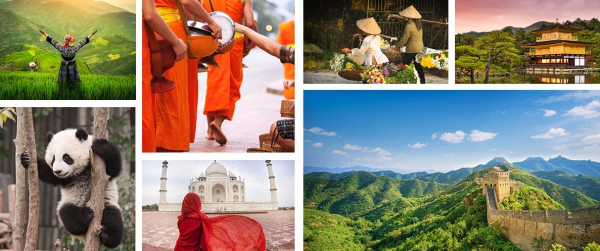 作为最早一批开放国门与世界交流的亚洲国家之一,日本的文化较早地从遥远的东方传到了西方。本文作者Mark最初了解亚洲,正是通过日本这一文化窗口开始自己的亚洲之旅。在他来到中国之前,他对中国的构想与日本有着紧密的联系与很多的相似之处。然而实际上这两个东亚大国有着很大的差异--中国的社会没有"完美",变化迅速。日本社会则强调从现实汲取经验,待人友好,处事礼貌。
作为最早一批开放国门与世界交流的亚洲国家之一,日本的文化较早地从遥远的东方传到了西方。本文作者Mark最初了解亚洲,正是通过日本这一文化窗口开始自己的亚洲之旅。在他来到中国之前,他对中国的构想与日本有着紧密的联系与很多的相似之处。然而实际上这两个东亚大国有着很大的差异--中国的社会没有"完美",变化迅速。日本社会则强调从现实汲取经验,待人友好,处事礼貌。
在中国生活久了,Mike更加理解了这个国家的文化。一切都在发展变化,没有事物停滞不前。Mike喜欢每天学习新东西的感觉,这样的环境仿佛有无限潜力。有时人们会感到城市过于喧嚣或文名的溃烂,但是这正是一个高速发展的社会需要迈过的坎儿。
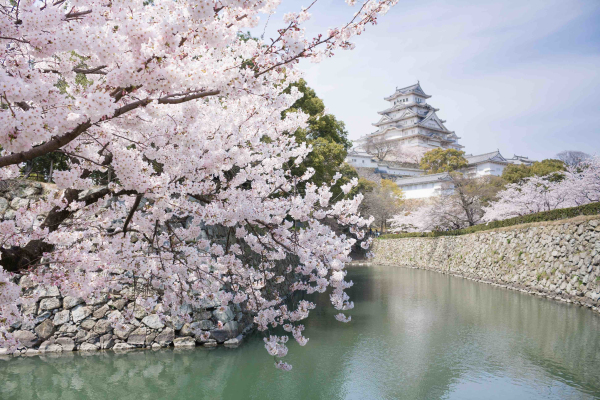
Those of us who recollect the 1970s or who had the period strongly imprinted upon them - I'm the latter, thanks to my progressive rock-loving dad and uncles - probably had their first real historical and cultural knowledge of Asia come from a single novel and its TV miniseries adaptation. Shogun (1975) by James Clavell is the fictionalized account of the first Englishman to land in Japan in the year 1600 and his involvement in the ascension of Tokugawa Ieyasu to become the first military dictator (or Shogun) and the first unifier of Japan. Its 1980 TV adaptation was one of the first "water cooler" TV moments - reputedly, cinemas and restaurants would be empty in these pre-VHS days as people stayed home to watch it with one-third of US households seeing at least one episode. Reputedly up to half of all US students taking courses in Japanese during the 1980s had read it. Its influence in introducing Japan and Asia to the western popular is perhaps as significant as The Beatles in introducing Indian music to the west in the 1960s.
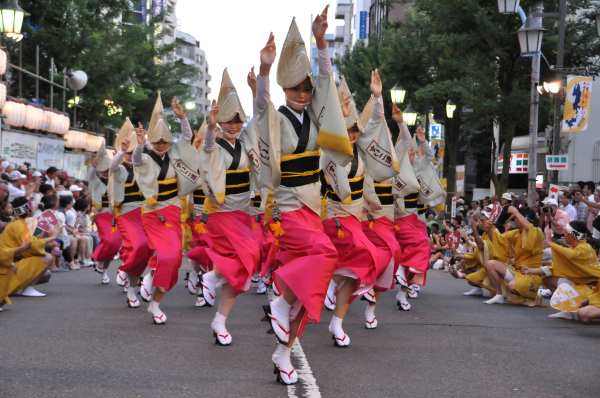 I recount all this because Shogun was my first introduction to Asian culture and politics. And so when I first decided to come to China - a country about which I knew almost nothing - my expectations were deeply colored by the experience of having read it. In my naivety, I expected China to be like Japan. I simply had no idea how different they were. Shogun depicts Japan as a feudal society ruled by samurai and bushido ("the Way of the Warrior") and amidst the first stirrings of a global trading structure, the Portuguese having landed there some forty years earlier. It also conveys a culture of civility and decorum, of ceremonial language and verbal structures used to forestall potential offense. Though (or because) the landscape is harsh and rugged, the culture encourages cherishing of natural beauty and delicacy. The sophisticated earthiness of Zen Buddhism and Taoism are important, as is the samurai discipline of duty, honor and self-effacement.
I recount all this because Shogun was my first introduction to Asian culture and politics. And so when I first decided to come to China - a country about which I knew almost nothing - my expectations were deeply colored by the experience of having read it. In my naivety, I expected China to be like Japan. I simply had no idea how different they were. Shogun depicts Japan as a feudal society ruled by samurai and bushido ("the Way of the Warrior") and amidst the first stirrings of a global trading structure, the Portuguese having landed there some forty years earlier. It also conveys a culture of civility and decorum, of ceremonial language and verbal structures used to forestall potential offense. Though (or because) the landscape is harsh and rugged, the culture encourages cherishing of natural beauty and delicacy. The sophisticated earthiness of Zen Buddhism and Taoism are important, as is the samurai discipline of duty, honor and self-effacement.
This all came to mind when I recently encountered a choice quote listing out the differences between the two nations, or rather between the two civilizations:
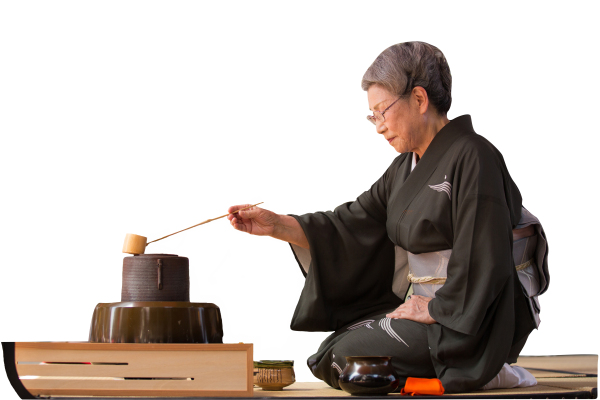
I will surely be criticized for making broad generalizations about the nature of Japanologists and Sinologists - but I can't resist. Lovers of China are thinkers; lovers of Japan, sensuous. People drawn to China are restless, adventurous types with critical minds. They have to be, because Chinese society is capricious, changing from one instant to the next and Chinese conversation is fast moving and pointed. You can hardly relax for an instant; no matter how fascinating it is, China will never allow you to sit back and think, "All is perfect." Japan, on the other hand, with its social patterns designed to cocoon everyone and everything from harsh reality, is a much more comfortable country to live in. Well-established rhythms and politeness shield you from most unpleasantness. Japan can be a kind of 'lotus land', where one floats away on the surface of things. (From 'Lost Japan' by Alex Kerr).
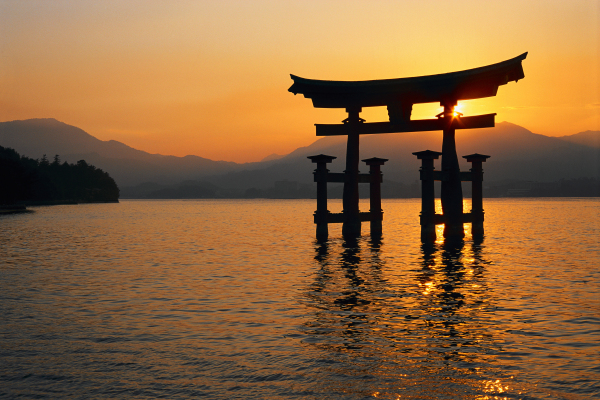
This very much conforms to my appreciation of China. I am in awe of the way things never stand still, of the tumultuous energy and entrepreneurial drive. I love the way that I learn something new every single day. I love its earthiness and its street-level food culture. I love how open and rich with potential it can seem. Could a British university drop-out with no connections and no money found an e-commerce start-up, like Jack Ma did? I love too the absence of that cringing British embarrassment that forever inhibits everyone for fear of making a fool out of themselves. In China I used to see a man happily practicing on his unicycle every morning before work - something that would literally never happen in Britain; it would seem either weirdly eccentric or pathetically ostentatious. I felt like applauding him for cheerfully doing his thing.
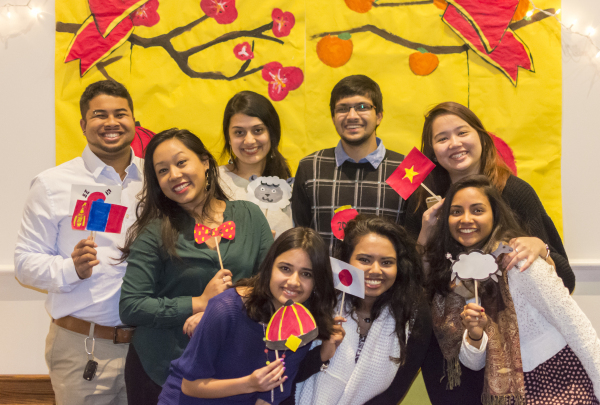 The expectations Shogun inculcated were of course specific to Japan. When I arrived I therefore expected a sort of Buddhist tranquility with rugged landscapes, jagged mountains and delicate gardens. I imagined sweet-spoken delicate girls and sage, bearded men speaking in Zen riddles. I thought there would be an emphasis on order, decorum and consideration to counteract the immense population and urban density.
The expectations Shogun inculcated were of course specific to Japan. When I arrived I therefore expected a sort of Buddhist tranquility with rugged landscapes, jagged mountains and delicate gardens. I imagined sweet-spoken delicate girls and sage, bearded men speaking in Zen riddles. I thought there would be an emphasis on order, decorum and consideration to counteract the immense population and urban density.
I was, of course, entirely wrong. The Jiangsu landscape I first encountered was pancake-flat and dotted with utilitarian factories and drab swathes of Eastern bloc worker residences. Chinese speech can be pointed, even to the point of being brusque. (Once our ayi asked my wife when she had dressed up for an evening outing with me, "Why do you always dress so ugly when you go to work then?")
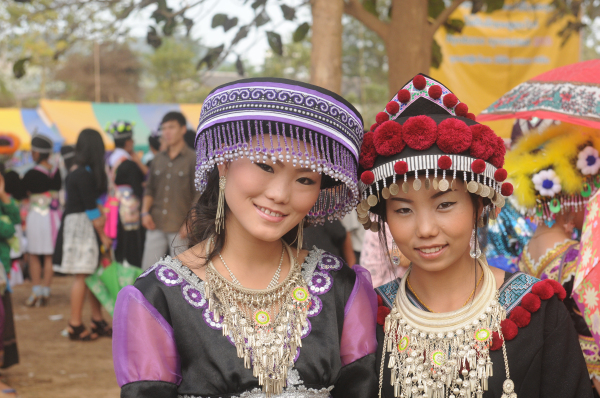 The bustling rush and clamor in cities, however, can feel like a total breakdown in civility and people can have a mysterious absence of awareness for anyone but themselves. But these negativities are like a test, a hurdle you need to overcome before you can appreciate the joys of China. Once you meet people and enjoy the food and become catalyzed by the energy, you'll be hooked. And I wouldn't have traded that for all of Japan's pleasant floating on the surface of things.
The bustling rush and clamor in cities, however, can feel like a total breakdown in civility and people can have a mysterious absence of awareness for anyone but themselves. But these negativities are like a test, a hurdle you need to overcome before you can appreciate the joys of China. Once you meet people and enjoy the food and become catalyzed by the energy, you'll be hooked. And I wouldn't have traded that for all of Japan's pleasant floating on the surface of things.
--- END ---